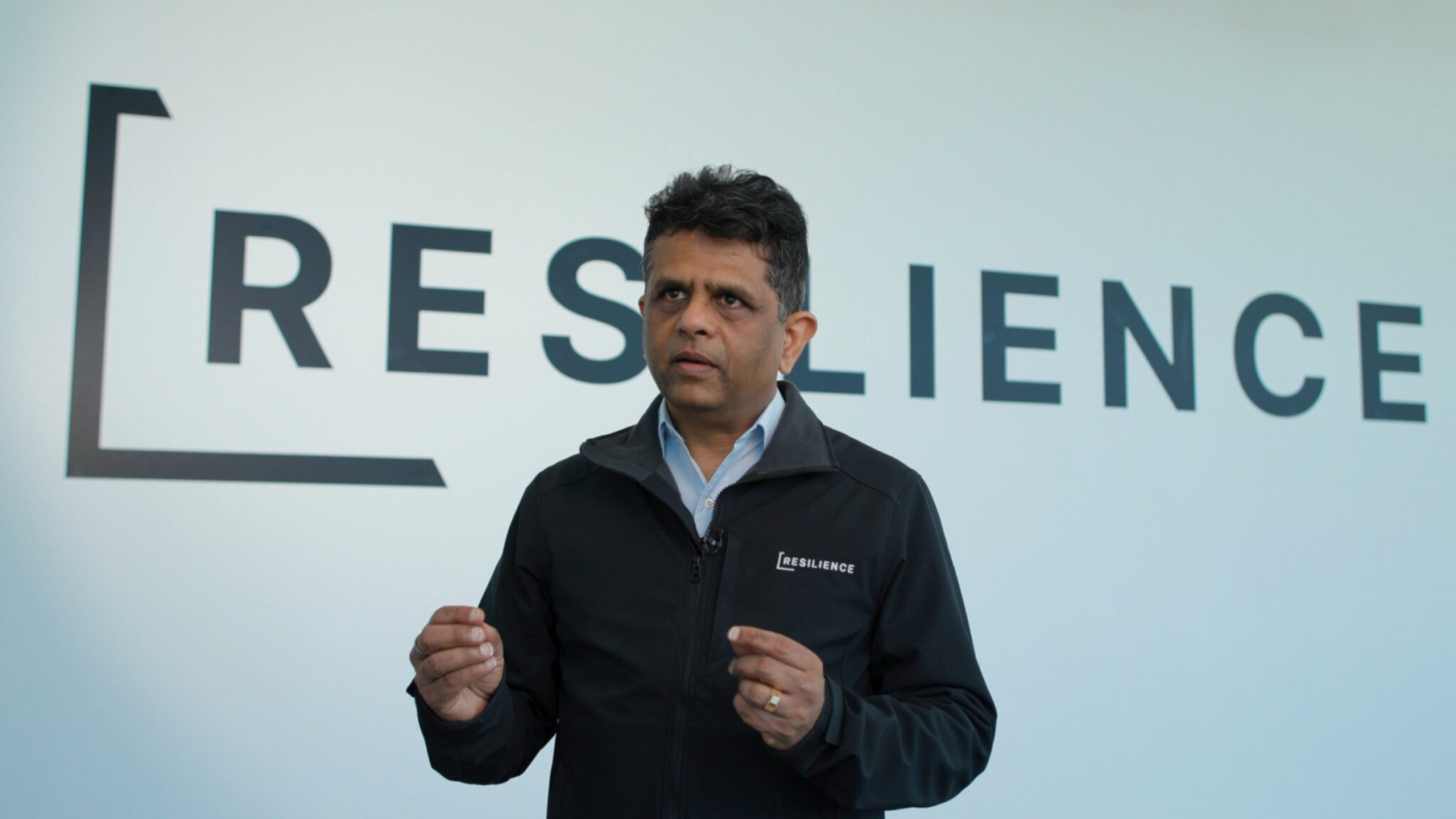
Rahul Singhvi, Resilience CEO
Resilience nets another deal, this time with billionaire’s cancer research center
Resilience is having a fun week. Fresh off a $625 million Series D and the launch of a joint venture with MD Anderson …
Sign up to read this article for free.
Get free access to a limited number of articles, plus choose newsletters to get straight to your inbox.